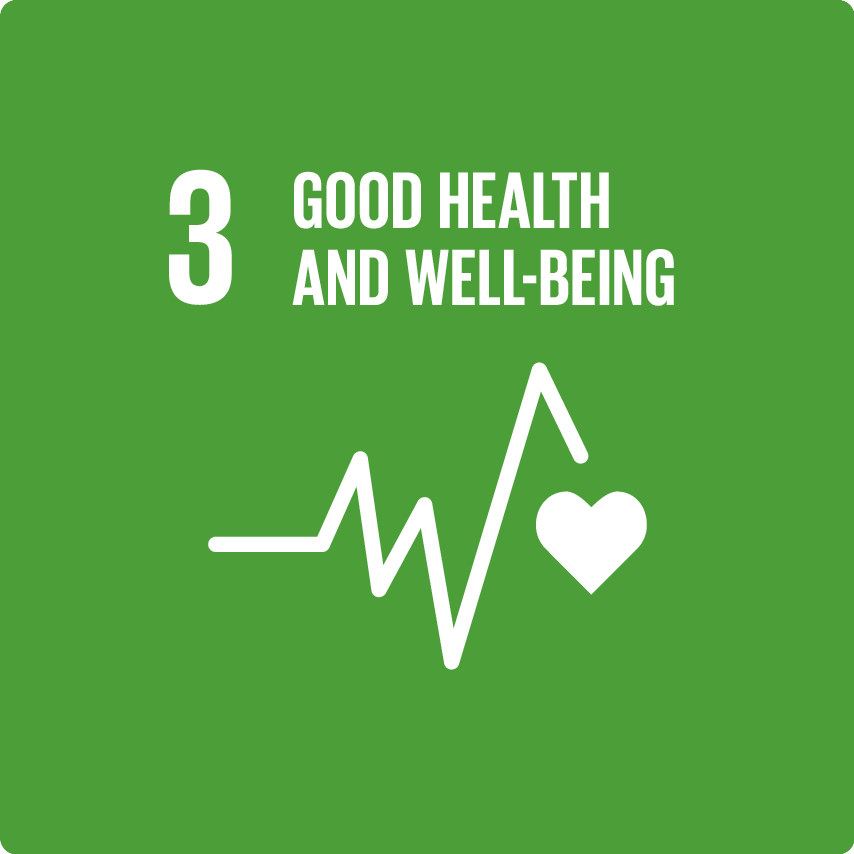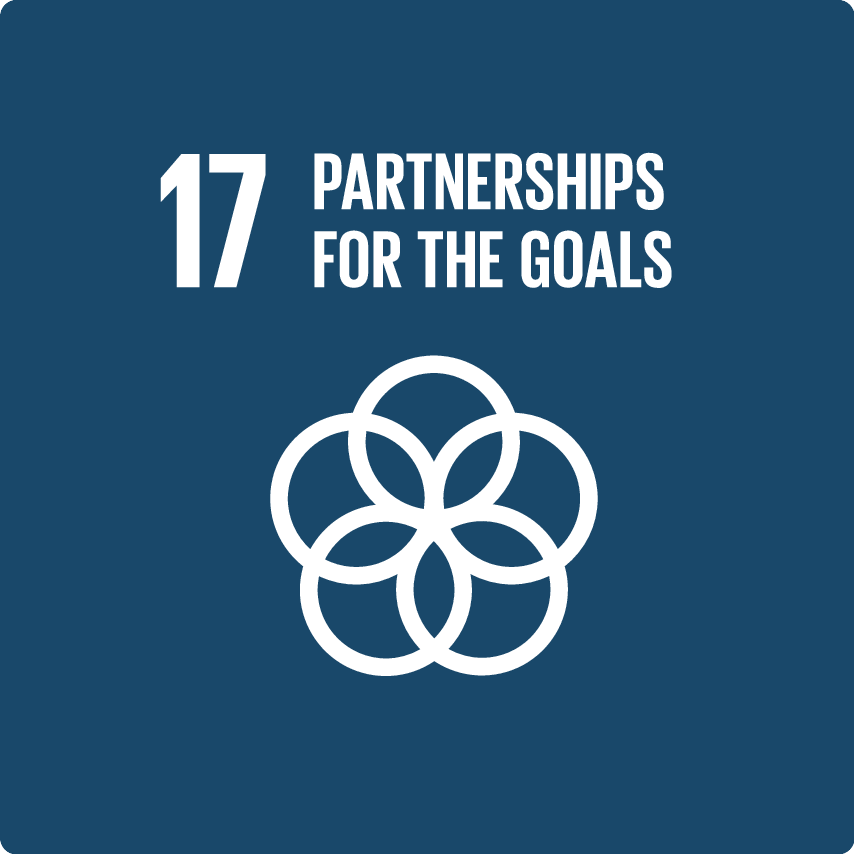The Project to Accelerate New Treatments for Tuberculosis (PAN-TB collaboration)
The Project to Accelerate New Treatments for Tuberculosis (PAN-TB collaboration) is a first-of-its-kind collaboration among philanthropic, non-profit and private sectors that aims to accelerate the development of an investigational drug regimen capable of treating all forms of tuberculosis.
SEE ALL PARTNER ORGANIZATIONS
Objectives
The collaboration aims to accelerate the development of novel “pan-TB” drug regimens for the treatment of tuberculosis (TB) that are ready for phase 3 development. The regimens will be designed to have little to no drug resistance, an acceptable safety and tolerability profile, and that are shorter in duration and simpler to use than existing options.
It is essential to modernize TB treatment options and, even with recent progress, we must strive for better, shorter, and simpler treatment options for patients with all forms of TB.
The Project to Accelerate New Treatments for Tuberculosis (PAN-TB) is a first-of-its-kind collaboration among philanthropic, non-profit and private sectors that aims to accelerate the development of an investigational drug regimen capable of treating all forms of tuberculosis.
The PAN-TB collaboration will leverage members’ collective assets, resources and scientific expertise to identify and evaluate new drug regimens with an acceptable safety profile, that have the potential to treat both drug-sensitive and drug-resistant TB, and are better-tolerated, shorter in duration and simpler to use than existing options.
Most recently, in August 2023, the PAN-TB collaboration announced the start of a phase 2b/c clinical trial, sponsored by the Bill & Melinda Gates Medical Research Institute (Gates MRI). The trial will evaluate whether novel regimens that combine registered products and new chemical entities have the potential to effectively treat drug-sensitive TB (DS-TB) and inform the development of a “pan-TB” regimen capable of treating all forms of active pulmonary TB.
The regimens under evaluation are designed to explore shorter treatment durations compared to existing drug regimens, without the need for accompanying drug-resistance testing for individuals. The goal is to identify a candidate regimen suitable for phase 3 development.
Trial sites are being hosted in countries with a high burden of TB. The trial has started in South Africa with the first participant screened in the last week of July. Subsequent trial sites are expected to launch in the Philippines in August and in Peru in 2024, pending national approvals.
The collaboration is evaluating two novel drug regimens comprising five antibacterial agents—bedaquiline, delamanid, pretomanid, quabodepistat (formerly known as OPC-167832), and sutezolid:
- DBQS – delamanid, bedaquiline, quabodepistat and sutezolid
- PBQS – pretomanid, bedaquiline, quabodepistat and sutezolid
The trial employs an innovative design that consists of two stages to assess the efficacy of the regimens and evaluate the potential to shorten treatment duration. In the initial stage, the trial will enroll approximately 129 participants. The safety, tolerability, efficacy, and pharmacokinetics of the complete DBQS and PBQS regimens, with each drug administered daily for four months (17 weeks), will be evaluated in participants 18 to 65 years old with DS pulmonary TB. Approximately 43 participants will receive the six-month (26 weeks) standard-of-care treatment for DS-TB[1] in the countries where trial sites are located.[2]
If successful, the second stage will enroll approximately 400 participants to test the selected regimen at shorter treatment durations, ranging from two to four months, across five arms. An additional 30-40 participants will be enrolled in the standard-of-care arm for the second stage of this trial.
To support participants during their treatment, the trial integrates a Stop Treatment and Watch (STrAW) Concilium, a group made up of expert clinical consultants that will evaluate trial participants’ treatment response, blinded to the specific regimen they receive, and advise trial investigators on patient management.
The trial will utilize the best available tools including regular engagement with treatment support workers, direct observation of therapy with video technology, and medication reminder monitors. A novel Biomarkers Strategy will inform promising new biomarkers with the aim of enabling faster access to data to monitor treatment outcomes for future trials.
The need for novel TB treatment regimens
Despite the introduction of new medicines in recent years, treatment remains a long, complex, and demanding process for people diagnosed with TB and can place significant costs on households and the health system. The most used drug regimen for the treatment of DS-TB requires people to take multiple drugs for at least six months, often with routine monitoring.
TB treatment can place unmanageable financial strain on individuals and their households. The World Health Organization (WHO) estimates that nearly half of TB-affected households face catastrophic total costs associated with treatment, including costs of travel to clinics, loss of income during treatment, and more, fueling cycles of poverty in vulnerable communities.
Further, accurate, rapid drug resistance testing is essential for early diagnosis of both drug-sensitive and drug-resistant TB, but access to testing can be limited due to high costs, technical challenges, and other barriers.
ABOUT PAN-TB
The PAN-TB collaboration plans to work closely and transparently with the European Regimen Accelerator for Tuberculosis (ERA4TB), which was launched in January 2020. New molecular entities identified by ERA4TB that show promise in initial human studies could later be incorporated into the PAN-TB collaboration’s later-stage, clinical research. Several organizations, including Evotec, GSK and Janssen Pharmaceutica NV, are members of both projects, which will help to ensure coordination across collaborations toward the common goal of advancing TB drug and regimen development.
The founding members of the PAN-TB collaboration are Evotec, GSK, Janssen Pharmaceutica NV, Otsuka Pharmaceutical Co., Ltd., based in Japan, the Bill & Melinda Gates Medical Research Institute and the Bill & Melinda Gates Foundation. Additional members may be announced in the future.
Geographic Reach
- Global Commitment
Disease Area
- Infectious and Parasitic Disease
Partner organizations
Global Alliance for TB Drug Development (TB Alliance)
Evotec
Bill and Melinda Gates Foundation
Bill & Melinda Gates Medical Research Institute
Geographic Reach
Global Commitment
Disease Area
Infectious and Parasitic Disease
- Drug-Resistant Infections (AMR)
- Tuberculosis

